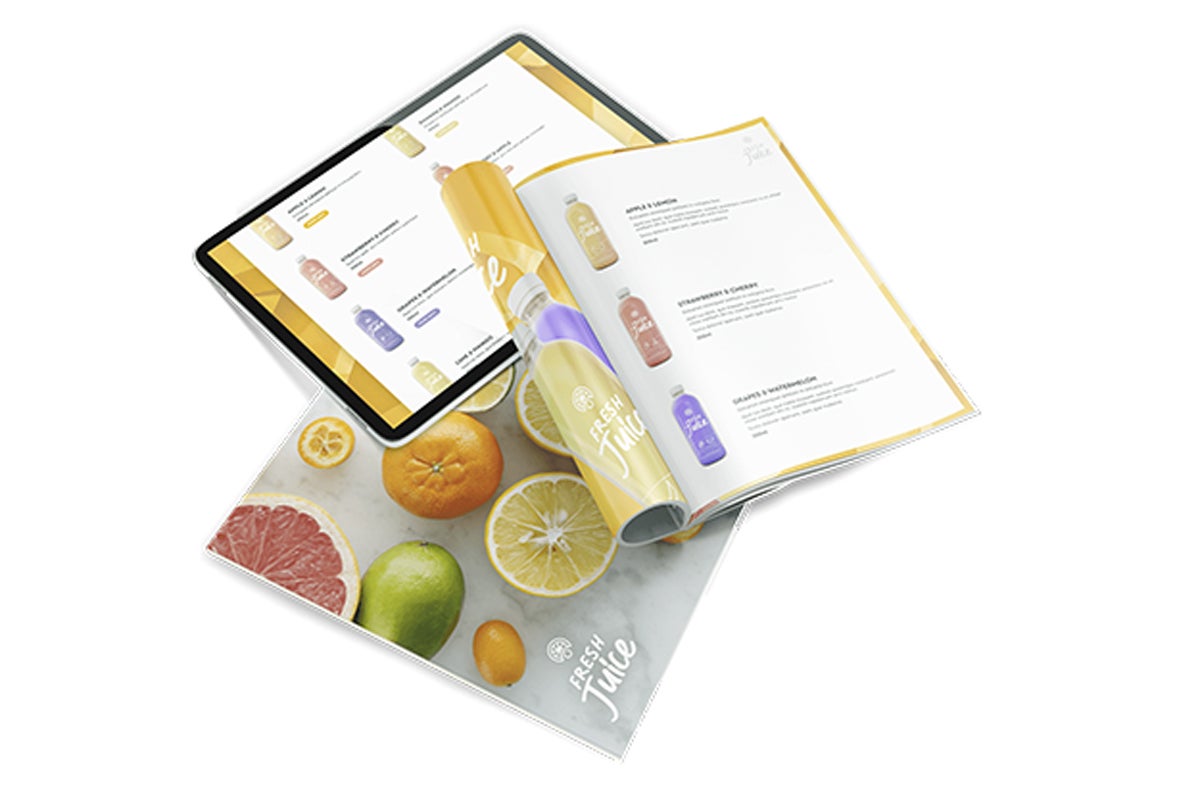The average cost of a turkey dinner this Christmas has risen at an inflation-busting 6.5 per cent in the last year to £32.57 for a family of four.
The cost of turkey and vegetables is behind the rise, as farmers battle increased energy costs and a looming higher bill for workers.
Potato prices surged 16 per cent in the last year, and parsnips rose by 13 per cent, pushing up the cost.
Wet weather hit British potato crops earlier this year, sending prices to the highest in 50 years. Other crops have been affected by the higher price of energy in recent years, which makes planting, harvesting and transport all more expensive.
The increase beats inflation, running at 2.6 per cent in the month to 1 December for groceries, according to analysis by research firm Kantar. The rate is up from 2.3 per cent for the month earlier.
Brussels sprouts and sparkling wine helped keep costs from running away further, with annual price increases of 1 per cent, and zero.
Frozen turkey prices rose 9 per cent and cranberry sauce is up 10 per cent.
Outside of the Christmas plate, prices rose quickest on chilled juice and toothbrushes but fell on toilet rolls and dog food.
Fraser McKevitt, head of retail and consumer insight at Kantar, said: “Monday December 23 is likely to be the single busiest day for the supermarkets this year, although there are clear signs that shoppers are already stocking up their cupboards.
“Many of us take the chance to treat ourselves at this time of year and retailers are rolling out seasonal product lines to help us celebrate in style.”
Lidl was the fastest-growing physical supermarket, with sales up 6.6 per cent in the year to 3 December. Upmarket online store Ocado sales rose 8.7 per cent.
Asda and Co-Op struggled the most, with sales falling 5.6 per cent and 1.1 per cent.
But spending on groceries rose only 2.5 per cent in the three months to the start of December, which is below inflation, suggesting shoppers are looking to make savings.
Another indicator of bargain hunting is that items cut in price by loyalty bonuses accounted for nearly a third of purchases in November.
Mr McKevitt added: “The number of different retailers we visit in the run-up to Christmas is higher than at other times during the year, including wider high street brands like M&S.
“Just under one in three households, at 32 per cent, bought food, drink and other groceries to have at home from M&S during the 12 weeks to December 1 and looking at grocery sales alone, spending at M&S rose by 10.4 per cent.”
Source: independent.co.uk



